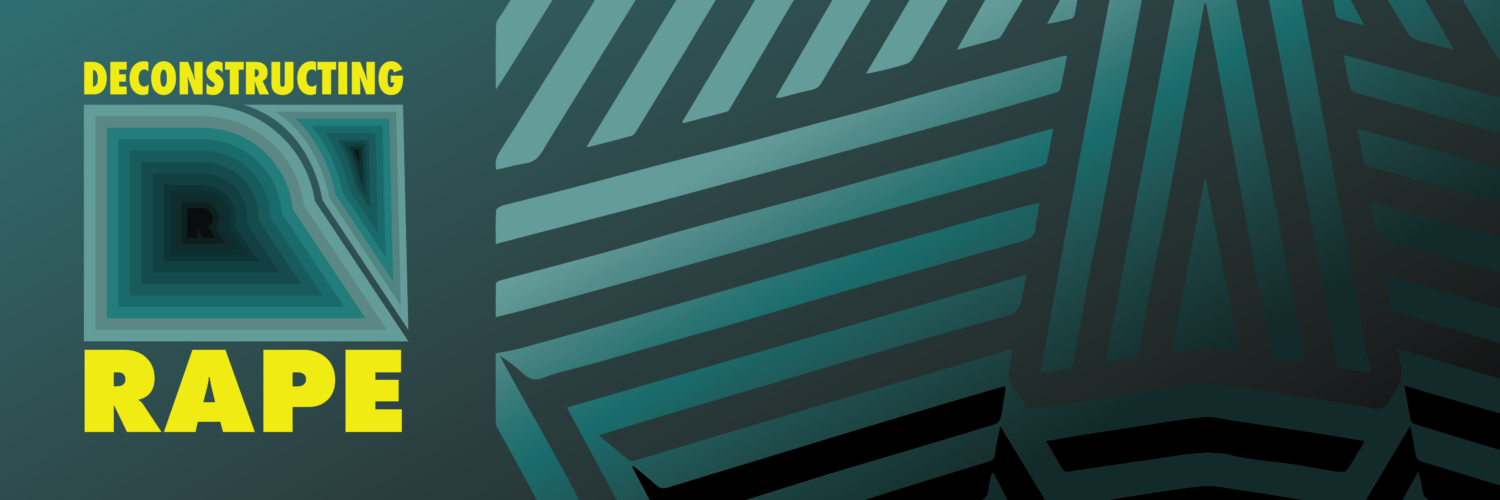Home
The more historians research sexual violence, the more they find antecedents to the #metoo movement far before the emergence of second-wave feminism. Palute Sarah Winnemucca spoke out against violence against indigenous women in the mid-18th century. Ida B. Wells Barnette and Rosa Parks organized campaigns against the multiple forms of sexual violence Black women suffered and historian Estelle Freedman has documented how many suffragists also protested domestic violence, rape, and sexual coercion. Political scientist Tuba Inal explored how the drafters of the first international human rights treaties wrestled with the systematic sexual violence in war.
The contemporary #metoo movement differs from earlier organizing, beyond the obvious one of the use of social media and the significance of well-place journalists, because professional women are speaking out about their own experiences of sexual violence and bringing that expertise to bear on analyzing and understanding that experience in community with other courageous survivor/experts. Learned survivors—scholars, journalists, therapists, and writers—eager to do more than theorize from their own collective experiences by using all the master’s tools, from social science to data analytics to neuroscience and narrative, memoir, and film, are reinvigorating the consciousness raising strategies that began in the 1960s and 1970s to shatter dominant understandings in the service of dismantling rape culture and ending rape.
While many scholars study rape, no agreed upon canon, professional association, or flagship interdisciplinary journal exists (Violence Against Women, which is broader than sexual violence, perhaps comes closest, but features mostly empirical social science research). Those who work at rape crisis centers or Title IX offices are often unfamiliar with the scholarly literature and scholars tend to stay in their disciplinary lanes: literature professors talk to those in English, law professors look at cases and legal theory; psychologists, neuroscientists, anthropologists, philosophers, and sociologists also mostly engage with their own kind. They read survivor memoirs, movement chronicles, or journalist accounts, erratically, if at all, as they become aware of them, and the same is true for documentaries streaming on only on subscription channels or podcasts.
The #metoo movement electrified this critical community. In Deconstructing rape, Professor Sally J. Kenney’s draws on her political science expertise as a scholar of gender, law, and public policy, her consciousness as a survivor, and her experience as an activist. Because she teaches courses on rape, is a nationally recognized advocate for policy change, and immersed herself for more than ten years in reading and watching widely across disciplines and genres, she is comfortable talking about issues. Kenney aspires to emulate Brené Brown, who brings the research lens as a shame researcher to bear in Unlocking Us and Dare to Lead, to deconstruct rape.
About The Host
Sally J. Kenney served as the director of the Newcomb Institute and held the Newcomb endowed chair from 2010-2022. She is a faculty member in the Political Science Department at Tulane University, and an affiliated faculty member in the law school and Africana Studies. Her research interests include sexual assault on campus, women’s imprisonment, women and leadership, gender and judging, judicial selection, feminist social movements, women and electoral politics, the European Court of Justice, exclusionary employment policies, and pregnancy discrimination. Her latest book is Gender and Justice: Why Women in the Judiciary Really Matter.
A native of Iowa, Sally J. Kenney earned a B.A. in Political Science from the University of Iowa, a B.A. and M.A. in Politics, Philosophy, and Economics from Magdalen College, Oxford, and an M.A. and Ph.D. in Politics from Princeton University. From 1989-1995, she held a joint appointment in Political Science, Women’s Studies, and Law at the University of Iowa. She served on the faculty at the University of Minnesota’s Hubert H. Humphrey Institute of Public Affairs from 1995-2009 where she also directed the Center on Women and Public Policy.
View Dr. Kenney’s published writing on Newcomb Institute’s Issuu.
Follow Dr. Kenney on Instagram @sallyjanekenney1959 or Twitter @skenney18
Preview of Content
Yale historian Crystal Feimster has agreed to be the podcast’s first guest, as have others.
